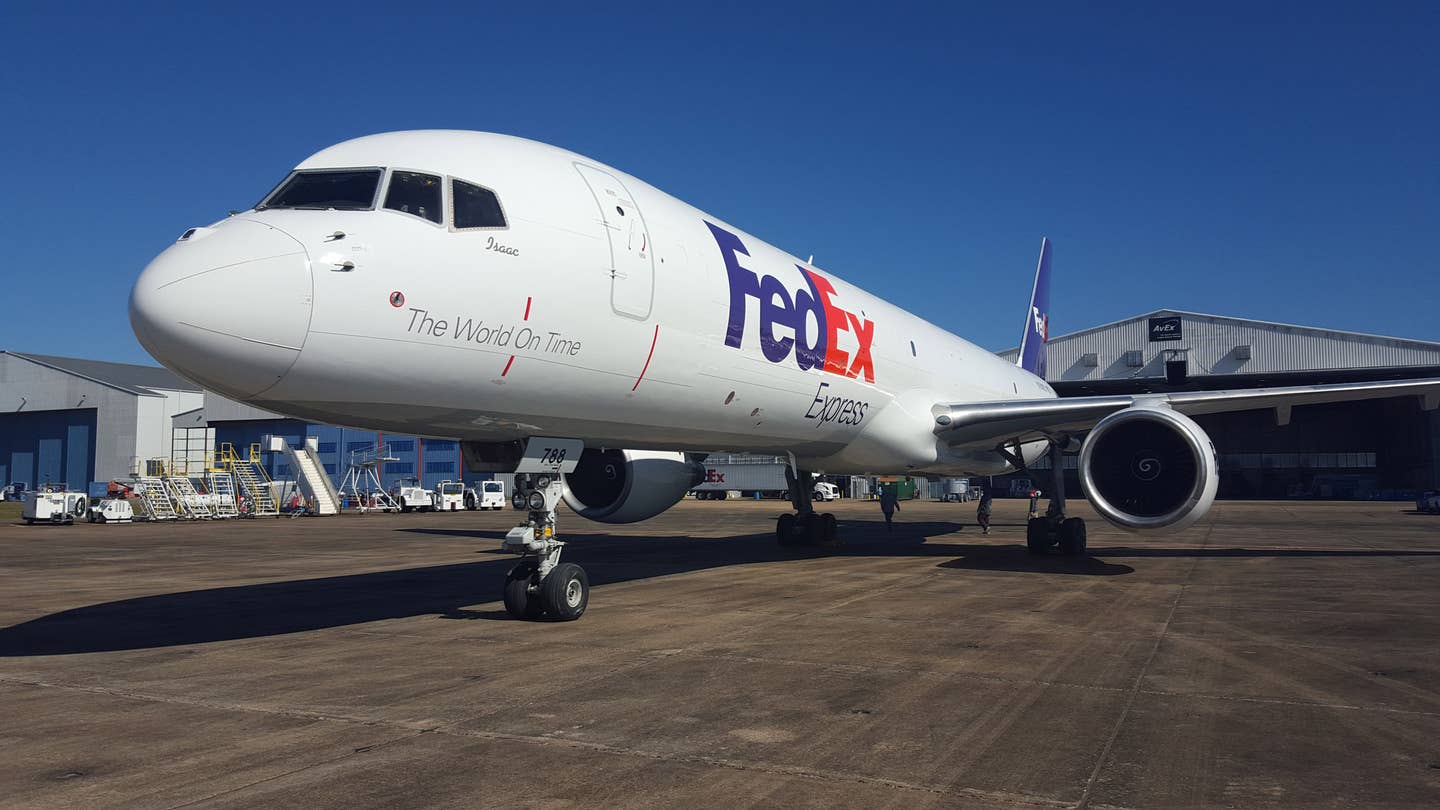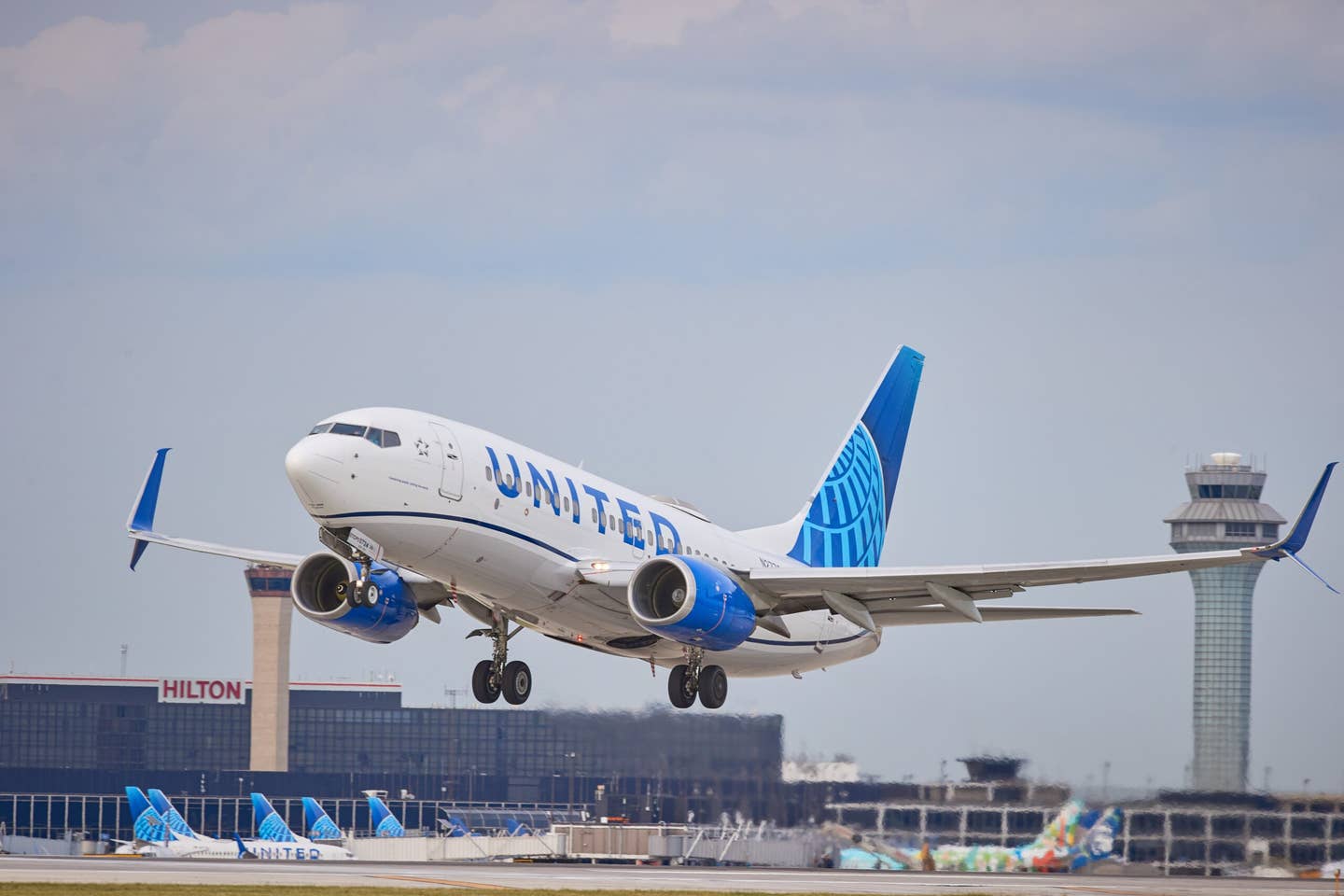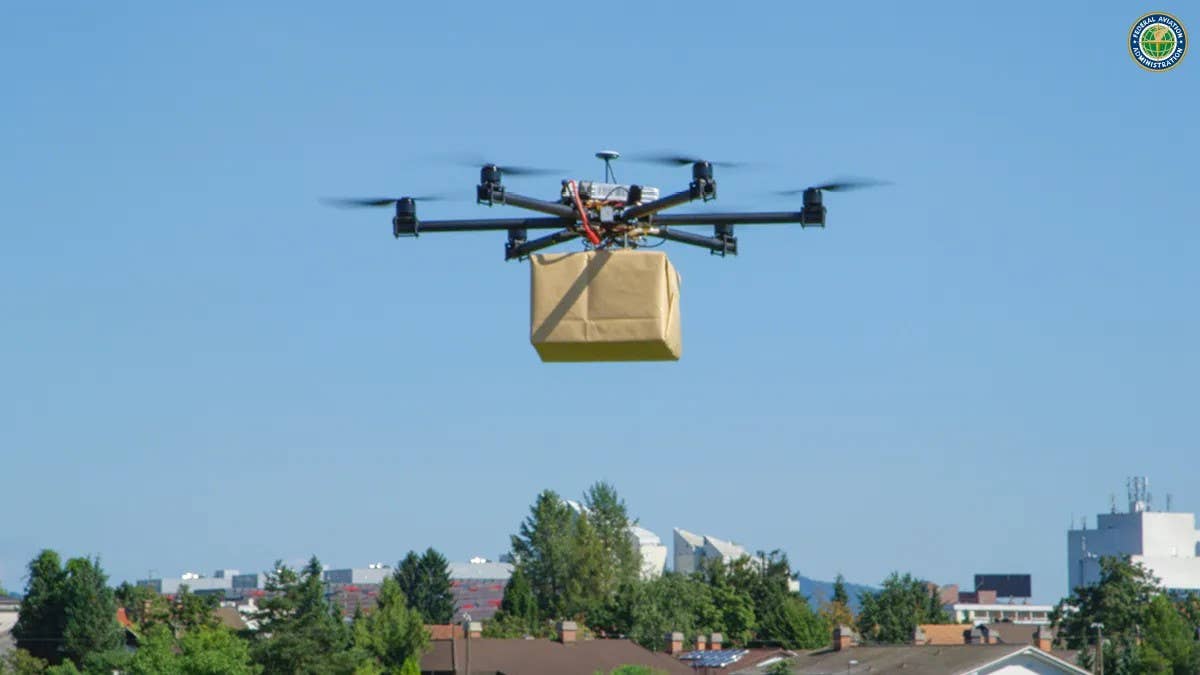
Snow and ice have also affected operations at FedEx Express’ global hub in Memphis, Tennessee, and other locations in the Midwest and eastern U.S. [Courtesy: FedEx]
Editor’s Note: This article originally appeared on FreightWaves.com.
The rise in COVID infections fueled by the omicron variant and bad weather that has forced passenger airlines to cancel thousands of flights is now disrupting operations at FedEx Express.[insert stock ticker]
The parcel and freight carrier warned recently that staffing problems resulting from rising infection rates among pilots and ground personnel in its air network—combined with severe winter weather events—are slowing deliveries.
“We are implementing contingency plans and adjusting operations to minimize delays while continuing to provide the best possible service to our customers during these difficult times. Volume currently moving through the network will be prioritized for processing,” the company said in a notice to customers.
Snow and ice have affected operations at FedEx Express’ global hub in Memphis, Tennessee, as well as other locations in the Midwest and eastern U.S.
An embargo on pickups for International Priority Freight was lifted Monday and deferred Premium Domestic FedEx Express Freight and International Economy Freight pickup is expected to resume Thursday, the notice said.
Alternative efforts to minimize delays include diverting shipments to FedEx’s heavy truck network.
Customers that need to move large shipments sooner are advised to divert domestic FedEx Express freight volume to FedEx’s less-than-truckload division, FedEx Freight, or another preferred LTL carrier. Critical shipments can also be upgraded to First Overnight Freight. And choose International parcel services instead of International Express freight services where possible, the company said.
Omicron Hits Airlines
The FedEx (NYSE:FDX) situation is a reminder that supply chains will continue to face disruptions from COVID outbreaks this year. In the air cargo sector, for example, Cathay Pacific suspended most cargo flights for a week and will only operate at about 20 percent of pre-pandemic during the first quarter because of stricter quarantine provisions in Hong Kong that are removing pilots from duty.
Passenger airlines have been forced to cancel thousands of flights since late December because there isn’t sufficient personnel to cover for the many pilots and cabin crew calling out sick with COVID. Bad weather is worsening the situation by making it difficult to relocate available crew to locations that need replacements.
Last Thursday, Alaska Airlines announced it will reduce its flight schedule through the end of January by 10 percent so it can stabilize operations and service reliability. The move follows JetBlue’s proactive cancellation of about 1,300 flights through January.
Tight staffing levels stem from downsizing during the height of the pandemic last year and are a factor in the flight cancellations because airlines don’t have the ability to recover as quickly as normal. Many domestic airlines were encouraged by strong demand and overscheduled flights relative to their labor capacity.
United Airlines is paying pilots three times the normal rate to encourage them to pick up extra slots. Other airlines are similarly bumping pay for cabin crew willing to take extra assignments.
The omicron variant is also depressing air travel, and cargo capacity in passenger aircraft, temporarily dampening the airline industry’s improved pace of recovery as nations relaxed travel restrictions in the fall.
German carrier Lufthansa, for example, recently cut its winter flight schedule by about 10 percent as the spread of the omicron variant causes countries to reimpose border restrictions and generates uncertainty about travel.
UPS (NYSE:UPS) says sick workers are not impacting its operations, according to Reuters, which first reported about the FedEx delays.

Subscribe to Our Newsletter
Get the latest FLYING stories delivered directly to your inbox






